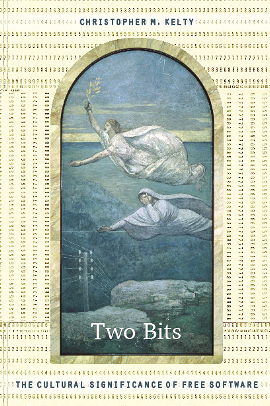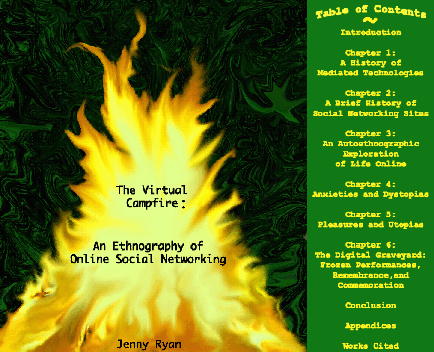Indigenous communities have embraced the internet from early on. The website of the Oneida Indian Nation was set up before the website for the White House. Anthropologist Maximilian C. Forte has developped several websites in collaboration with indigenous organisations. Website development is a mode of action research, he explains in an interesting paper that is based on a recent presentation.
In his research on Caribbean indigenous resurgence, he began offline and later moved online, he writes. It started after he has signed a reciprocity agreement with the leader of the Carib Community in Arima. In return for access to the community, Forte would assist them with whatever technological, graphic, and writing knowledge he had.
Website development is no purely technical process:
The websites that were created represented, to a large extent, collaborative writing exercises, emerging from meetings, conversations, and interviews. Viewers would not have known that the launching of some of the websites were also occasions for parties in my apartment, with photographs, drinking, music, drinking, laughter, and much more drinking.
(…)
The result of these early experiences led to my creating various online fora with a wider embrace, such as the Caribbean Amerindian Centrelink – part directory, part listserv, part message board, part online publishing centre – and then one of the earliest and still existing open access, peer reviewed journals in anthropology and history, that being KACIKE.
Together with his indigenous partners (informants) he created the field. In contrast to traditional fieldwork, the researcher and his informants predate the site, they don’t arrive at it.
Web-based and Web-oriented ethnographic research, Forte explains, leads to “a series of moves from participant observation to creative observation, from field entry to field creation, and from research with informants to research with correspondents and partners”:
The Internet permits the co-construction of cultural representations and documentary knowledge, especially where the resource that is produced is the result of collaboration between those we traditionally sorted out as the researchers and the researched.
(…)
Those who were traditionally “the researched about” in offline settings, now have access to the works of researchers, can argue back (as they often do), and produce alternative materials in their own right. No longer is there a simple one-sided determination by the researcher over what research should be about, how it should be done, how it should be written or shown, and what its results should be-researchers are often called to account.
Among the persons and communities that have had access to the technology there has been considerable enthusiasm for the internet from early on. “The Internet may be for marginalized indigenous minorities what the printing press was for European nationalism”, Forte writes. “We are not extinct” has become the leitmotif of online self representations by Caribbean indigenous persons and a basis for online activism, especially among Taínos.
These online struggles have produced some noteworthy successes in gaining recognition and some degree of validation from the usual authorities according to the anthropologist.
>> read the whole paper by Maximilian Forte on his own blog “Open Anthropology”
SEE ALSO:
Interview with Michael Wesch: How collaborative technologies change scholarship
Open Source Fieldwork! Show how you work!
“We have a huge responsibility to give back to the places we study from”
Collaborative Ethnography: Luke Eric Lassiter Receives Margaret Mead Anthropology Award
Play as research method – new Anthropology Matters is out
Going native – part of the darker arts of fieldworkers’ repertoir?
How to save Tibetan folk songs? Put them online!
The Birth of a Cyberethnographer: The MU5 is to Blame



